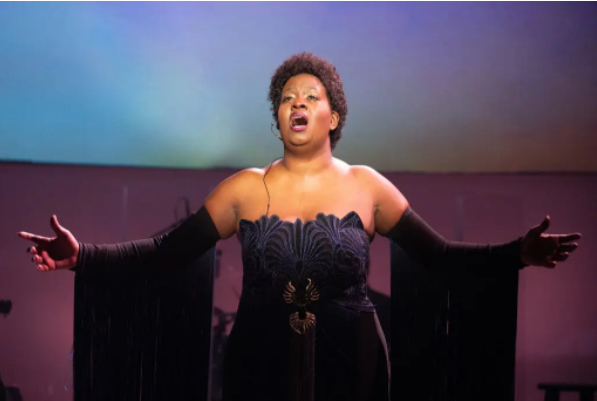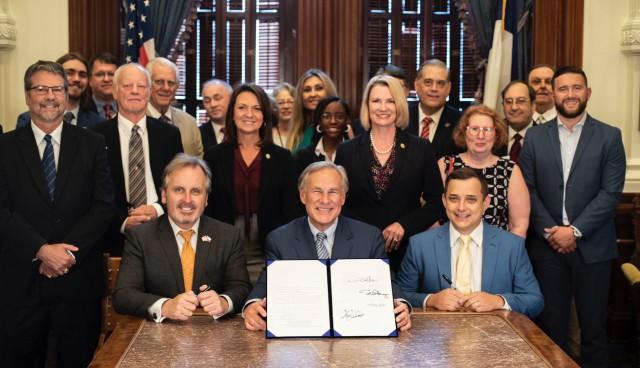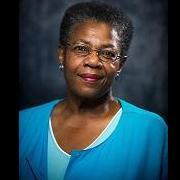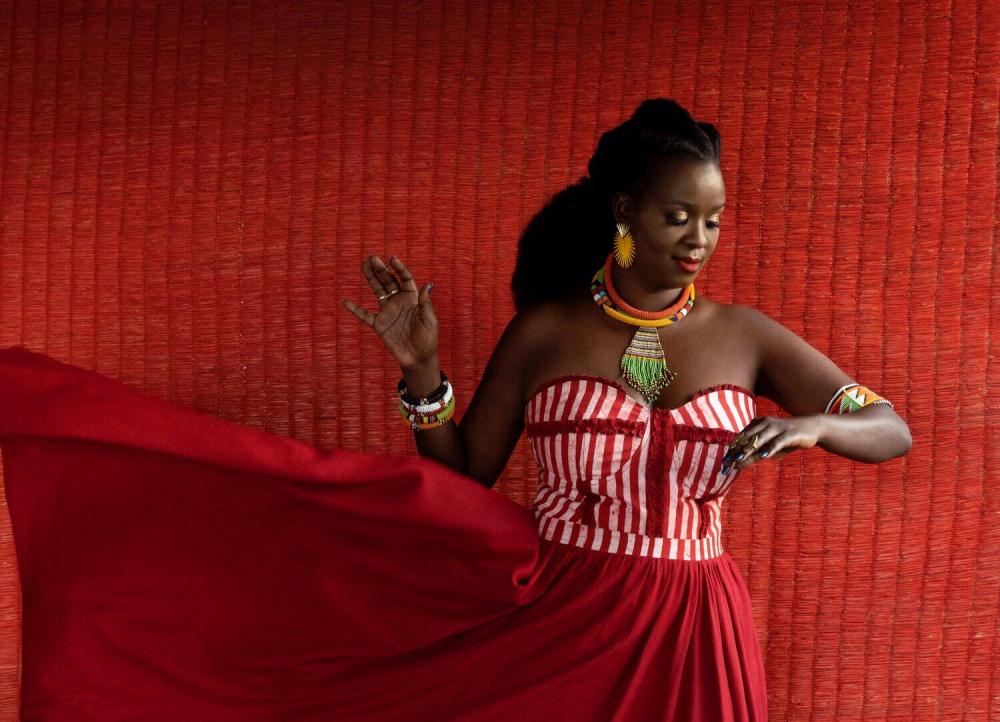-
Posts
2,380 -
Joined
-
Last visited
-
Days Won
90
richardmurray's Achievements
Single Status Update
See all updates by richardmurray
-

somi kakoma by sara krulwich
‘Dreaming Zenzile’ Review: A Tribute to Mama Africa
The musical is Somi Kakoma’s thank-you note, written across generations, to the South African singer and activist Miriam Makeba.By Alexis Soloski
June 1, 2022If you want to see a performer in full command of her instrument and her powers, take the F train to Second Avenue and walk the few blocks to New York Theater Workshop to savor Somi Kakoma < SOMI (somimusic.com) > in “Dreaming Zenzile,” her tribute to the South African singer and activist Miriam Makeba, born Zenzile Miriam Makeba.
Makeba, a star from the 1960s through her death in 2008, pioneered the form broadly known as world music. Singing in Xhosa, Swahili, Sotho, Zulu and English, Makeba popularized African songwriting among American and European audiences, earning the nickname Mama Africa. Throughout her life, she lent her voice to social justice causes, particularly that of Black South Africans living under apartheid. Onstage, at New York Theater Workshop, in collaboration with the National Black Theater, Kakoma, in a marigold dress, with a voice like a sunrise, plays her through 76 years of her eventful life.
Makeba was a vocal shapeshifter who could triumph in practically any genre — folk, jazz, American songbook, Afropop. Vocally, Kakoma has that chameleonlike quality, too, varying her big, bright voice with husky breaths, vivid ululation and the Xhosa clicks for which Makeba was famous. Her singing seems as effortless as it is varied, as easy as it is virtuosic. “Dreaming Zenzile,” directed by Lileana Blain-Cruz with music direction by Hervé Samb, is best understood and enjoyed as Kakoma’s gift of love and dignity, across generations, from one artist to another.
But as a work of theater, “Dreaming Zenzile” struggles among the competing forms of recital, dream play, memory play and biography. The bare set, by Riccardo Hernández, suggests a concert stage, illuminated by Yi Zhao’s vibrant lights and backed, less helpfully by Hannah Wasileski’s banal projections of waves, flowers and rainbow abstractions. Is this an auditorium or some astral way station? Is it the afterlife? Lacking the style and thematic force that defines Blain-Cruz’s best work, the show feels less like a narrative than a tone poem, which can make time hang heavy in the first half; it takes an hour just to bring young Miriam to her professional debut.
Amplified by a four-person chorus (Aaron Marcellus, Naledi Masilo, Phumzile Sojola and Phindi Wilson) and a four-person band, the music feels electric, often joyful, a sharp shock of pleasure that Marjani Forté-Saunders’s supple, elegant choreography enhances. But the interplay between book passages and Makeba’s songs, which are not subtitled, rarely feels essential. Why these songs, in these moments? By contrast, Kakoma’s emotion-heavy, jazz-inflected songs are too on the button. Really, they’re all button. Those who arrive without a working chronology may feel lost.
Though it touches briefly on some central themes — exile, responsibility — and limns, however elliptically, most of the major life events of its subject, “Dreaming Zenzile” withholds what most of us desire from a work of this kind: a greater understanding of how a performer’s life shapes and impacts her art, the relationship between experience and oeuvre. This desire isn’t necessarily fair or sensible. Sometimes that relationship doesn’t exist. Sometimes it is too oblique to parse. But because “Dreaming Zenzile” too often favors symbol and abstraction, the audience is denied this connection.
Only in its closing moments, which occur shortly before Makeba’s death, does the show achieve a kind of cohesion and vigor. Throughout, Makeba has taken up the burden of activism with sturdiness and poise, freeing her voice in the hope that others might be made free. Finally, she announces the cost.
“Do you know what it is to be the first?” she says, choking on the words. “Do you know the weight of that? The loneliness?”
To ask one woman to stand in for an entire continent was always too great a burden. Mama Africa? It was impossible. That Makeba bore it for so long, and with such grace, is a wonder and a gift. At its best, “Dreaming Zenzile” is a thank-you note, written with deep and abiding gratitude.
Dreaming Zenzile
Through June 26 at New York Theater Workshop, Manhattan; nytw.org. Running time: 2 hours 15 minutes.Dreaming Zenzile
New York Theater Workshop
79 E. Fourth St.
E. Village
212-460-5475
nytw.org
CategoryOff Broadway, MusicalRuntime2 hours 15 minutesCreditsWritten by Somi Kakoma, directed by Lileana Blain-CruzCastSomi Kakoma, Aaron Marcellus, Naledi Masilo, Phumzile Sojola, Phindi Wilson, Kim Onah, Darrell Purcell Jr.PreviewMay 17, 2022OpenedJune 1, 2022ClosingJune 26, 2022Upcoming Shows
Wednesday June 8 7:00 pm
Thursday June 9 7:30 pm
Friday June 10 8:00 pm
Saturday June 11 2:00 pm
Saturday June 11 8:00 pm
This information was last updated on May 27, 2022Model: Somi Kakona
Photographer: Tatenda Chidora
...
THAT WAS THE HONEY HERE IS THE POT

It always amazes me how articles concerning laws, never link to the laws official location online by the legislatures online location. why do I always have to find it?
U.S. Supreme Court blocks Texas law limiting content moderation by social media companies
by: URIEL J. GARCÍA (TEXAS TRIBUNE)Posted: Jun 1, 2022 / 09:01 AM CDT
Updated: Jun 1, 2022 / 09:04 AM CDT
The U.S. Supreme Court on Tuesday blocked a Texas law < Governor announcement: https://gov.texas.gov/news/post/governor-abbott-signs-law-protecting-texans-from-wrongful-social-media-censorship ; First phase in texas legislature: https://capitol.texas.gov/BillLookup/History.aspx?LegSess=871&Bill=HB20 ; second phase in texas legislature: https://capitol.texas.gov/BillLookup/History.aspx?LegSess=872&Bill=HB20 > that prohibits large social media companies, such as Facebook or Twitter, from banning or removing users’ posts based on political viewpoints.
The justices, in a 5-4 vote, granted NetChoice and the Computer & Communications Industry Association’s request to reinstate a block imposed by a federal district judge as the lawsuit makes its way through the courts. The justices who voted to reverse the lower court’s ruling didn’t give a reason for their decision — a standard practice when the court is ruling on emergency applications.
Matt Schruers, president of the Computer & Communications Industry Association, one of the two groups that sued to block the law on claims that it violates companies’ First Amendment rights, celebrated the court’s decision.
“No online platform, website, or newspaper should be directed by government officials to carry certain speech,” he said in a statement. “This has been a key tenet of our democracy for more than 200 years and the Supreme Court has upheld that.”
Passed during a special session last year, House Bill 20 does not provide any specific civil penalties for breaking the law besides allowing users to sue to recuperate their court costs from the company found in violation. The law also empowers the attorney general to pursue violations.
The law would ban platforms with more than 50 million monthly users, such as Facebook, Twitter and YouTube, in the U.S. from removing a user over a “viewpoint” and require them to publicly report information about content removal and account suspensions.
The Legislature passed the measure after outcry from Republicans over perceived anti-conservative bias among major tech companies. That charge grew when Twitter permanently banned former President Donald Trump for inciting violence and purged over 70,000 accounts linked to dangerous conspiracy groups after the deadly Jan. 6 insurrection attack of the U.S. Capitol.
Supporters of the law say it ensures that users’ political views go uncensored. State Rep. Briscoe Cain, R-Deer Park — who authored the bill — compared tech companies to “common carriers” like phone companies or cable providers, which are barred from customer discrimination.
Big social media company executives have denied removing content or blocking users based on their viewpoints, though they do have policies prohibiting explicitly graphic content, bullying, hate speech and dangerous misinformation. The two trade groups that challenged the Texas law argued in their lawsuit that HB 20 forces social-media platforms “to disseminate, for example, pro-Nazi speech, terrorist propaganda, foreign government disinformation, and medical misinformation.”
“Texas’s HB 20 is a constitutional trainwreck—or, as the district court put it, an example of ‘burning the house to roast the pig,’” Chris Marchese, counsel at NetChoice, said in a statement on Tuesday. “We are relieved that the First Amendment, open internet, and the users who rely on it remain protected from Texas’s unconstitutional overreach.”
Texas Attorney General Ken Paxton has defended the law, saying it doesn’t violate the First Amendment because social media platforms are “gatekeepers of a digital modern public square.” He has also argued that social media platforms “are the twenty-first century descendants of telegraph and telephone companies.” And he has claimed that the government should be allowed to regulate the companies as “common carriers,” which are private or public companies that transport goods or people and are barred by government regulators from discriminating against customers.
The two industry trade groups that represent companies such as Google and Twitter sued to block the law last fall. In December, a federal district court judge ruled in favor of the groups and prevented the law from going into effect, reasoning that the First Amendment protects a company’s right to moderate content and calling parts of the law “prohibitively vague.”
As a result, Paxton appealed the district judge’s decision to the 5th Circuit Court of Appeals, which reinstated the law.
Three conservative justices, Samuel A. Alito Jr., Clarence Thomas and Neil M. Gorsuch, said in a dissent that they would have let Texas’ law stand for now. Justice Elena Kagan, a liberal, said she would have also let the order stand but didn’t provide a reason.
Alito wrote in the dissent that it is “not at all obvious how our existing precedents, which predate the age of the internet, should apply to large social media companies.” Still, he wrote, the case is “of great importance” and the Supreme Court would have to review the arguments at some point.
“Social media platforms have transformed the way people communicate with each other and obtain news,” he wrote. “At issue is a ground-breaking Texas law that addresses the power of dominant social media corporations to shape public discussion of the important issues of the day.”




.thumb.jpg.afc88dfee9cd2927de0c440601caac13.jpg)



.thumb.jpg.ed52910791d00308abb8c218695bec88.jpg)


